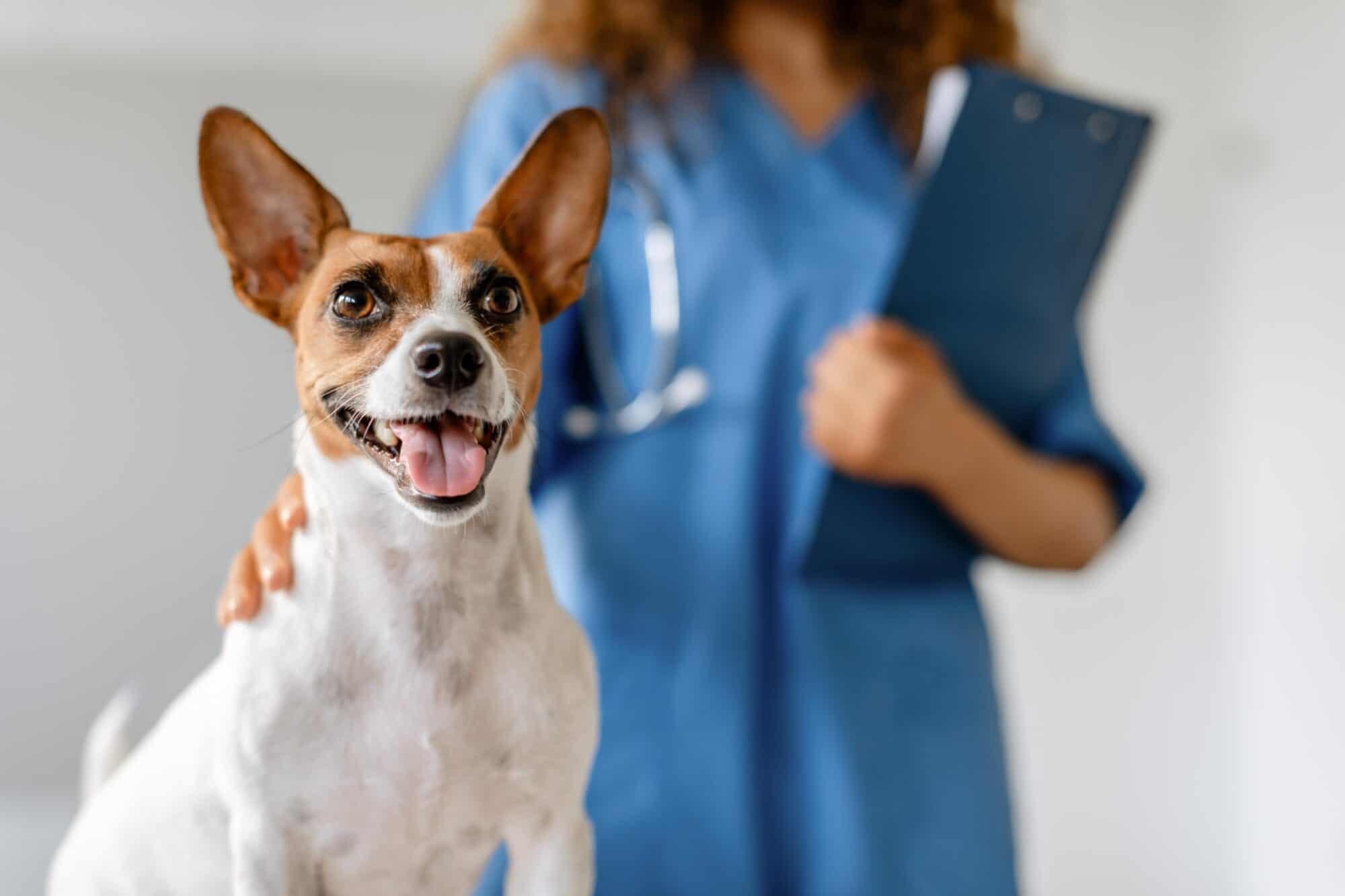Veterinary Specialist Referral: When Your Pet Needs Expertise

You wouldn’t go to your family doctor for a major injury or illness, and you wouldn’t rely on your neighborhood urgent care to work up and treat a complicated condition. Veterinary medicine works in much the same way. At Animal Medical Hospital & Urgent Care, we offer veterinary specialist and veterinary specialty services for those situations when a little more expertise is required.
All About Veterinary Specialists
Veterinarians undergo extensive training to earn their credentials. Veterinary school itself is four years of post-graduate education completed after earning a bachelor’s degree.
Some veterinarians further their training beyond general medicine in order to pursue a specialty. Specialist veterinarians complete an internship and residency after they graduate from veterinary school, earning another three to four years of experience in a particular area. After residency, they must then pass an examination to earn their credentials.
The American Veterinary Medical Association currently recognizes 40 veterinary specialties including things like anesthesia, internal medicine, dentistry, nutrition, ophthalmology, radiology, and surgery.
A veterinary specialist has extensive training, experience, and expertise in their area of focus.
Why You Might Need a Vet Referral
You may find yourself in a situation in which your family vet has suggested referring your pet to our care. While this can be intimidating, there are several good reasons why your vet might suggest a referral for your pet.
It may be scary to visit a new place, but if your trusted veterinarian has made the recommendation they more than likely have your pet’s best interest at heart.
Veterinary referrals and veterinary specialty services can offer your pet:
- Intensive care: General practices can hospitalize pets, however they may lack the staff to provide in-depth, round-the-clock care for very sick animals. If your pet’s condition is unstable or critical, or they need multiple treatments and monitoring around the clock, which might require a referral to a specialty hospital.
- More in-depth diagnostics and treatments: Referral veterinary facilities often have access to a greater variety of diagnostic and treatment modalities. These can allow them to get answers for your pet more quickly and efficiently. Many diagnostics tests such as an ultrasound, MRI, or endoscopy cannot be performed at a general practice.
- Specialists: Having access to specialist doctors can add a level of knowledge and expertise in areas that general practitioners may not have had the opportunity to gain. Often a specialist is more familiar with the latest research and developments in a given area.
A veterinary specialist referral can also be a great way to get a second, expert opinion on your pet’s health. In most cases, it doesn’t mean giving up the relationship with your pet’s regular vet, either. Our amazing referral team works hard to collaborate with referring veterinarians to offer a successful care plan for our patients.
We are all in search of the same outcome—a healthy and happy pet. In some instances, including a veterinary specialist is key to achieving this. Let us know if you have questions or concerns about how this works. We take caring for your pet to heart.
